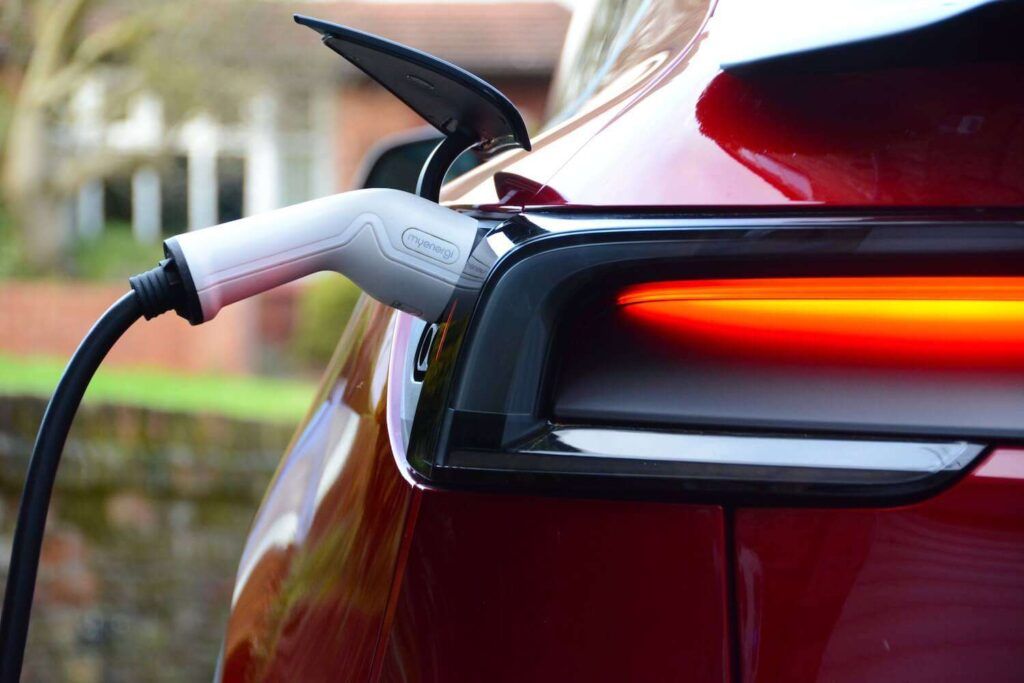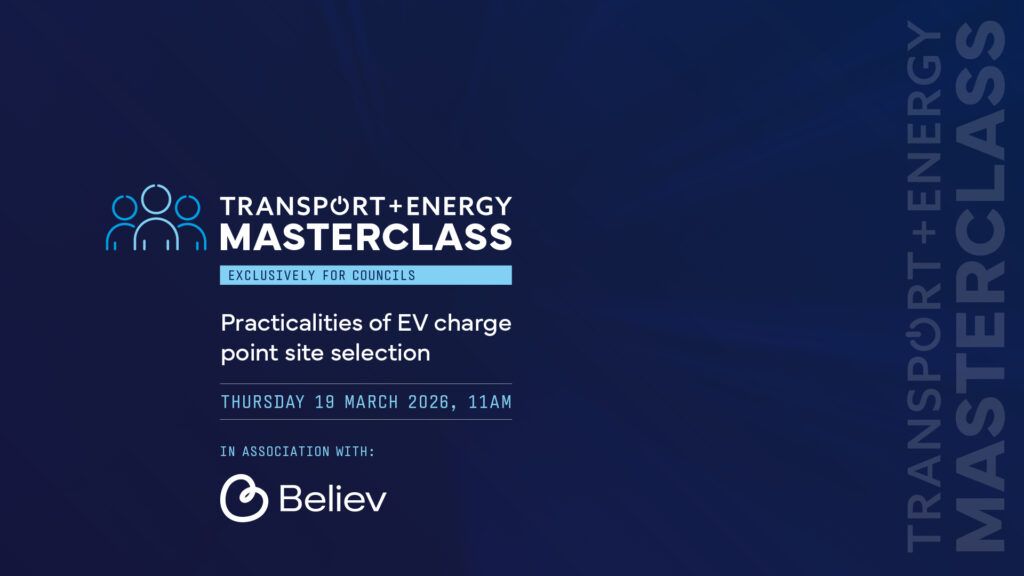The Transport Select Committee has called for urgent progress to be made on the future of road pricing and says that zero emission vehicles should not mean zero tax revenue – otherwise the Treasury could face a £35 billion fiscal black hole.
MPs on the Committee say the UK faces an under-resourced and congested future unless the Government acts urgently to reform motoring taxation. A report entitled Road Pricing, calls for drivers of electric vehicles (EVs) to pay to maintain and use the roads which they drive on, as is currently the case for petrol and diesel drivers.
A road pricing system, based on miles travelled and vehicle type, would enable the Government to maintain the existing link between motoring taxation and road usage. In today’s new report, the Committee warns that it has not seen a viable alternative to a road charging system based on technology which measures road use.
The ban on the sale of new petrol and diesel vehicles from 2030 will result in a corresponding decline in two significant sources of Treasury revenue. As sales of electric vehicles increase, Treasury revenue from motoring taxation will decrease, because neither fuel duty nor vehicle excise duty are currently levied on electric vehicles. Without reform, policies to deliver net zero emissions by 2050 will result in zero revenue for the Government from motoring taxation. The Committee urges the Government to act now to replace a potential loss of £35 billion to the Exchequer.
When replacing the existing motoring taxes, the committee calls for the Government to ensure that the new charging mechanism:
- Entirely replaces fuel duty and vehicle excise duty rather than being added;
- Is revenue neutral with most motorists paying the same or less than they do currently;
- Considers the impact on vulnerable groups and those in the most rural areas;
- Does not undermine progress towards targets on increased active travel and public transport modal shift; and
- Ensures that any data capture is subject to rigorous governance and oversight and protects privacy.
In signalling a shift to an alternative road charging mechanism, the report calls for drivers of electric vehicles to pay to maintain and use the roads which they drive on, as is currently the case for petrol and diesel drivers. There must, however, remain incentives for motorists to purchase vehicles with cleaner emissions.
As Departments responsible for managing congestion and maintaining the public purse, the Treasury and Department for Transport should join forces to set up an arm’s length body to examine solutions and recommend a new road charging mechanism by the end of 2022.
Chair of the Transport Committee, Huw Merriman MP, said: “It’s time for an honest conversation on motoring taxes. The Government’s plans to reach net zero by 2050 are ambitious. Zero emission vehicles are part of that plan. However, the resulting loss of two major sources of motor taxation will leave a £35 billion black hole in finances unless the Government acts now – that’s four per cent of the entire tax-take. Only £7 billion of this goes back to the roads; schools and hospitals could be impacted if motorists don’t continue to pay.
“We need to talk about road pricing. Innovative technology could deliver a national road-pricing scheme which prices up a journey based on the amount of road, and type of vehicle, used. Just like our current motoring taxes but, by using price as a lever, we can offer better prices at less congested times and have technology compare these directly to public transport alternatives. By offering choice, we can deliver for the driver and for the environment. Road pricing should not cost motorists more, overall, or undermine progress on active travel.
“Work should begin without delay. The situation is urgent. New taxes, which rely on new technology, take years to introduce. A national scheme would avoid a confusing and potentially unfair and contradictory patchwork of local schemes but would be impossible to deliver if this patchwork becomes too vast. The countdown to net zero has begun. Net zero emissions should not mean zero tax revenue.”
BVRLA Director of Corporate Affairs, Toby Poston, who gave evidence to the Committee in October said: “Road pricing involves a total rethink about the way we tax motorists and incentivise transport behaviour. It is a controversial topic, and one that successive Governments have chosen to avoid.
“Rapid transport decarbonisation and the 2035 Phase Out means that policymakers have to get off the fence and start providing a roadmap for the future of motoring taxation. BVRLA members have set out their road pricing principles, and we are delighted that the Transport Select Committee agrees with so many of them, particularly the need to make any system revenue neutral and think about the needs of essential road users.
“Like the Committee, we think the work should start now and the fleet sector is ready to help explore the technologies and policies that will deliver an efficient and effective road pricing system.
“A key role in the implementation of the required technologies sits with multiple government agencies. We need to see them working in close collaboration, receiving additional support in order to meet the challenges of this monumental shift.”
As the trade body for the vehicle rental, leasing and mobility services sector, the BVRLA’s members own and operate around four million vehicles in the UK. The sector is already responsible for the majority of battery electric vehicle registrations, with BVRLA members responsible for around half of new vehicles sold in the UK each year.
Image: Shutterstock.












